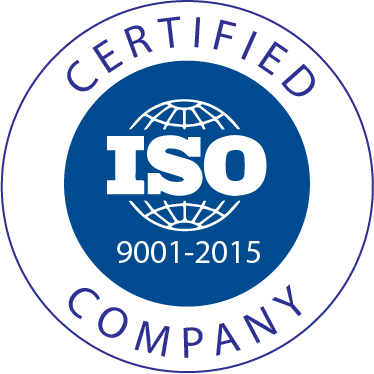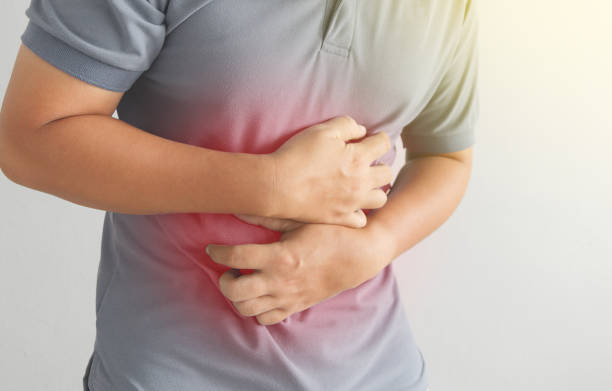Stomach Cancer Treatment in India starts from $8400. The total cost of the treatment depends on the diagnosis and facilities opted by the patient.
Stomach cancer, also known as gastric cancer, is the fifth most common cancer worldwide. This disease is a result of the growth of cancerous and malignant cells in the inner lining of the stomach.
Stomach cancer does not grow overnight as this disease usually grows slowly over many years. Some pre-cancerous changes take place before true cancer actually develops. But these early changes rarely result in any symptoms and therefore, often go undetected in the early stage when it is most easy to treat it.
Gastric cancer can grow through the wall of the stomach and invade nearby organs. It can easily spread to the lymph vessels and lymph nodes. In an advanced stage, it can travel through the bloodstream and spread or metastasize to organs such as the liver, lungs, and bones. Usually, people diagnosed with stomach cancer have either experienced metastasis already or eventually develop it.
Types of Stomach Cancer
Stomach cancer should not be confused with other cancers in the abdomen or esophageal cancer. Some other cancer can also occur in the abdomen, including cancer of the large and small intestine, liver or pancreas. These cancers may have different symptoms, outlook, and options for treatment.
Some of the common types of gastric cancer include:
- Adenocarcinoma: It is the most common form of stomach cancer and about 90 to 95 percent of stomach cancers are This form of cancer develops from the cells that form the innermost lining (mucosa) of the stomach.
- Lymphoma: This is a rare form of stomach cancer and only about four percent of stomach cancers are lymphomas. These are cancers of the immune system tissue, sometimes found in the wall of the stomach.
- Gastrointestinal stromal tumor (GIST): It is a rare kind of tumor that starts in very early forms of cells in the wall of the stomach calledinterstitial cells of Cajal. GISTs can be found anywhere in the digestive tract.
- Carcinoid tumour: It is also a rare form of stomach cancer and about three percent of stomach cancers are carcinoid tumors. Carcinoid tumors start in cells of the stomach that produced hormones.
Some other types of stomach cancers include squamous and small cell carcinoma and leiomyosarcoma. These cancers are very rare.
Stomach Cancer Causes
There is no single, definite cause behind stomach cancer. However, several stomach cancer risk factors have been identified that could potentially lead to the formation to a tumor in the stomach. Some of these stomach cancer causes or risk factors include:
- Inflammation of the gut called gastritis
- Infection with common bacteria called Helicobacter pylori
- Long-lasting anaemia
- Growth in stomach called polyps
- Smoking
- Obesity
- Excessive consumption of smoked, pickled or salty foods
- A-type blood group
- Epstein-Barr virus infection
- Certain genes (family history of disease)
Stomach Cancer Symptoms
There can be several early stomach cancer symptoms. However, the signs of stomach cancer could be present because of some other underlying condition as well. Unfortunately, this is the main reason why it is difficult to make stomach cancer diagnosis at an early stage.
Some of the early stomach cancer symptoms may include:
- Heartburn
- Regular indigestion
- Slight nausea
- Loss of appetite
- Frequent burping
- Feeling bloated
But just experiencing indigestion or heartburn after a meal does not really mean that you have cancer. Although, if you experience these symptoms a lot, talk to your doctor, who can decide whether to conduct further tests or not.
As advanced gastric cancer grow, you may experience more serious signs of stomach cancer, including the following:
- Frequent stomach ache or pain in the sternum
- Frequent heartburns
- Vomiting containing blood
- Dysphagia (swallowing difficulties)
- Loss of appetite, accompanied by sudden weight loss
- Blood in stools
- Excessive fatigue
- Yellowish eyes or skin






